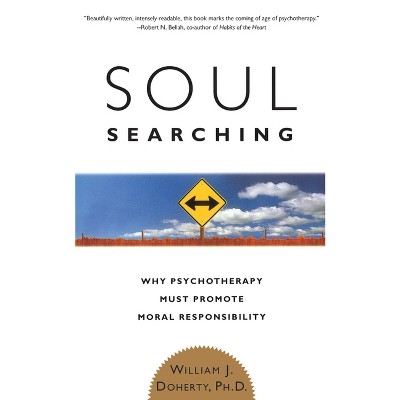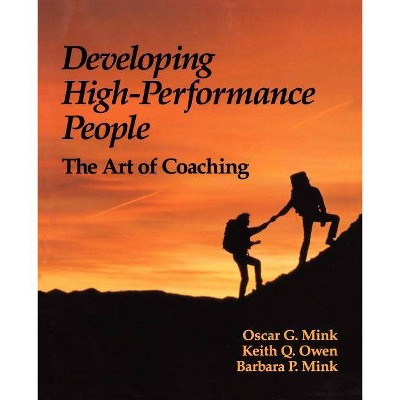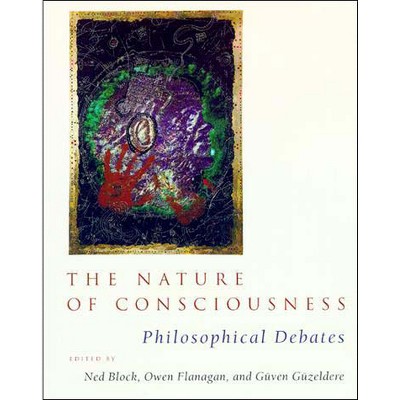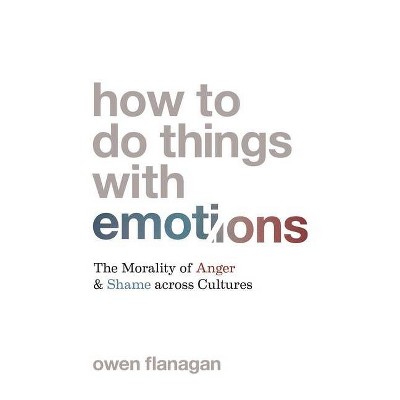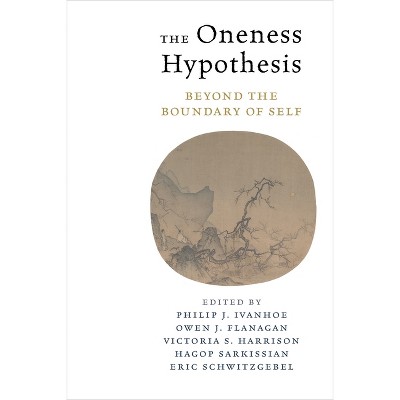$24.99 when purchased online
Target Online store #3991
About this item
Highlights
- Science has always created problems for traditional ways of seeing things, but now the very attributes that make us human -- free will, the permanence of personal identity, the existence of the soul -- are threatened by the science of the mind.
- About the Author: Owen Flanagan is James B. Duke Professor of Philosophy and Chairman of the Philosophy Department at Duke University.
- 384 Pages
- Philosophy, Mind & Body
Description
About the Book
A reconciliation of two conflicting visions of what a person is--one embedded in our humanistic traditions, the other advanced by mind science--from one of the most influential philosophers of our timeBook Synopsis
Science has always created problems for traditional ways of seeing things, but now the very attributes that make us human -- free will, the permanence of personal identity, the existence of the soul -- are threatened by the science of the mind. If the mind is the brain, and therefore a physical object subject to deterministic laws, how can we have free will? If most of our thoughts and impulses are unconscious, how can we be morally responsible for what we do? If brains and bodies undergo relentless change, how can our identities be constant? The Problem of the Soul shows the way out of these paradoxes. Framing the conflict in terms of two dominant visions of the mind -- the "manifest image" of humanistic philosophy and theology, and the scientific image -- Owen Flanagan demonstrates that there is common ground, and that we need not give up our ideas of moral responsibility and personal freedom in order to have an empirically sound view of the human mind. This is a profoundly relevant work of philosophy for the common reader.Review Quotes
"Flanagan is a sparkling writer, leavening rigorous philosophical exposition with intimate personal disclosures, vivid examples, and humor. The Problem of the Soul is a pleasure to read."
About the Author
Owen Flanagan is James B. Duke Professor of Philosophy and Chairman of the Philosophy Department at Duke University. The author of the classic Consciousness Reconsidered, he lives in Durham, North Carolina.Dimensions (Overall): 7.94 Inches (H) x 6.32 Inches (W) x 1.01 Inches (D)
Weight: .89 Pounds
Suggested Age: 22 Years and Up
Number of Pages: 384
Genre: Philosophy
Sub-Genre: Mind & Body
Publisher: Basic Books
Format: Paperback
Author: Owen Flanagan
Language: English
Street Date: June 25, 2003
TCIN: 81069351
UPC: 9780465024612
Item Number (DPCI): 247-71-5972
Origin: Made in the USA or Imported
Shipping details
Estimated ship dimensions: 1.01 inches length x 6.32 inches width x 7.94 inches height
Estimated ship weight: 0.89 pounds
We regret that this item cannot be shipped to PO Boxes.
This item cannot be shipped to the following locations: American Samoa (see also separate entry under AS), Guam (see also separate entry under GU), Northern Mariana Islands, Puerto Rico (see also separate entry under PR), United States Minor Outlying Islands, Virgin Islands, U.S., APO/FPO
Return details
This item can be returned to any Target store or Target.com.
This item must be returned within 90 days of the date it was purchased in store, shipped, delivered by a Shipt shopper, or made ready for pickup.
See the return policy for complete information.
Trending Poetry


$11.98 - $23.49
was $17.99 - $32.99 New lower price
Save $5 when you spend $25 on select books
5 out of 5 stars with 10 ratings

$11.88
MSRP $12.99
Save $5 when you spend $25 on select books
4.7 out of 5 stars with 14 ratings

$13.88 - $15.00
Select items on sale
Save $5 when you spend $25 on select books
4.7 out of 5 stars with 619 ratings


$12.54
MSRP $22.00
Save $5 when you spend $25 on select books
4.7 out of 5 stars with 20 ratings


